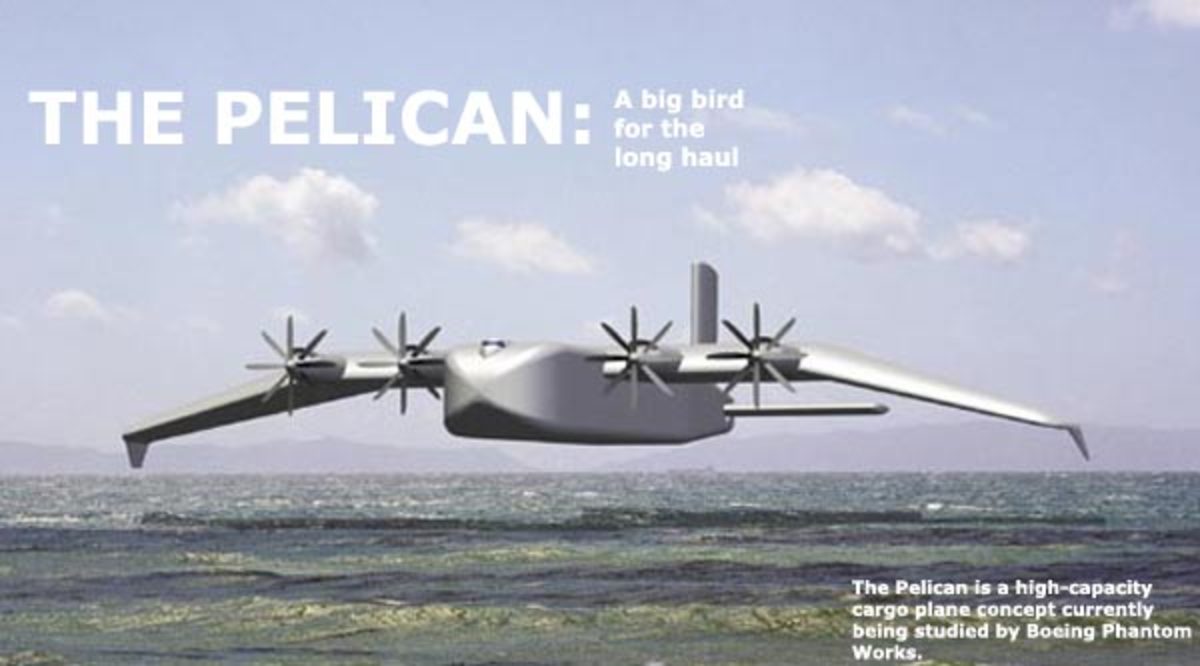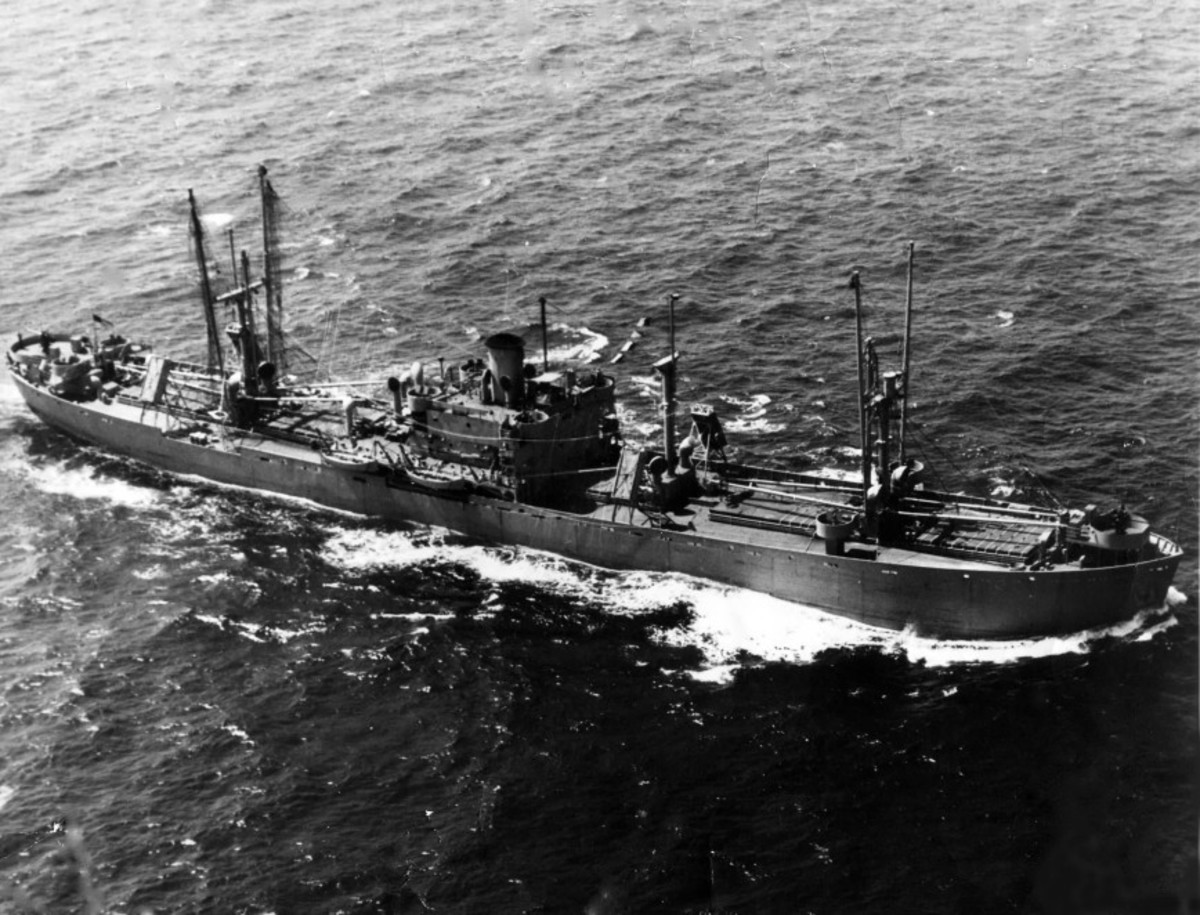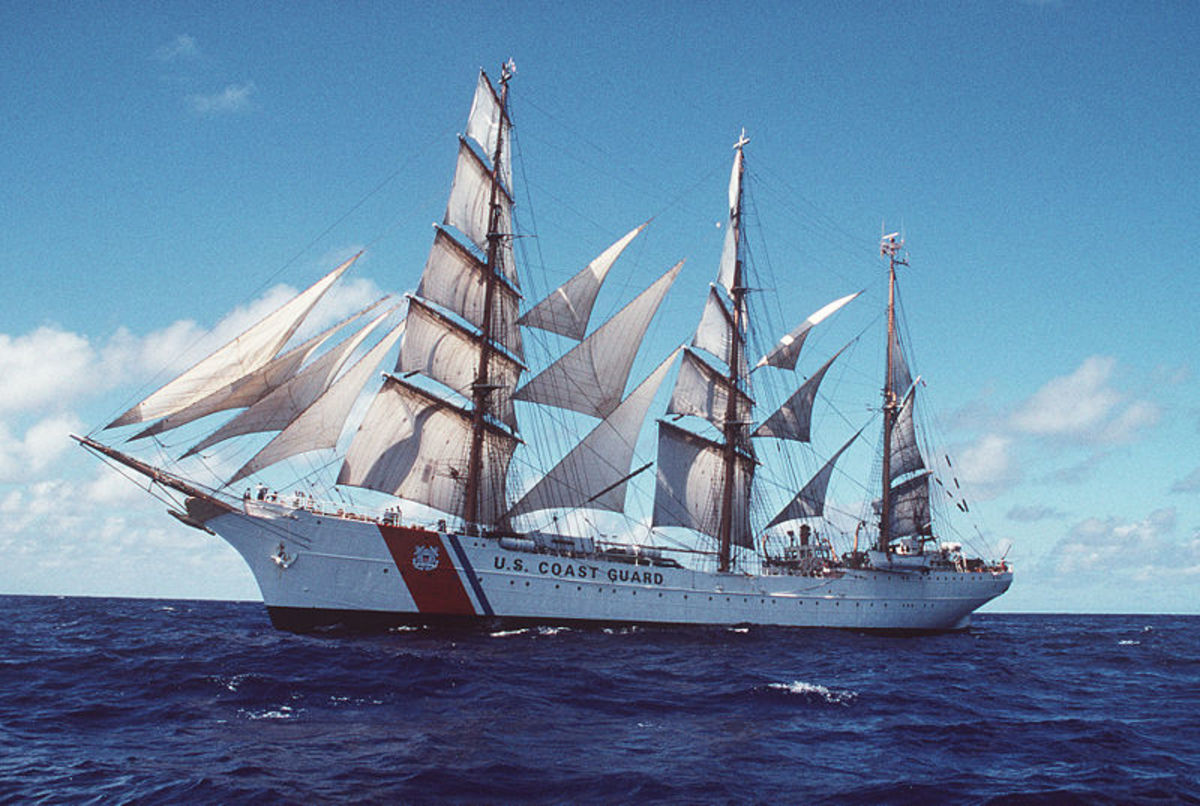Unmanned sailing ships of the future

Cargo ships of the future may be powered by sails, and would be operated without crews.
As the 'global economy' takes shape, there's going to be an increasing number of cargo shipments across oceans. As fuel prices increase, people will start looking for ways to reduce shipping costs by reducing the cost of the fuel that's used to propel cargo ships across the oceans. The answer would be sailing vessels. Since a sailing ship is propelled by the wind, it needs no fuel, therefore it's fuel cost is zero. Another way to save money is to eliminate the crew of the ship, and operate the ship under computer control. If the ship has a human being as a captain, the captain has to be paid a salary, and so, in order to save money, the captain (and all other human personnel on board the ship) has to be replaced by machines and computers. A ship that has no human crew members and uses no fuel is inexpensive to operate.

Without a human crew or captain, the ship would have to use computers for navigation. GPS (Global Positioning System) would be used to guide the ship from it's starting point to it's final destination. Since the wind does not blow all the time, the ship may sit motionless in the middle of he ocean for several hours, or even for several days at a time. For this reason, unmanned sailing vessels could not be depended upon to carry perishable cargo, such as fresh fruits or vegetables. Instead, they would carry non-perishable cargo, such as machine parts or sub-assemblies for manufacturing.
Since these ships would have no crew, how would the ships be protected from piracy? The ships would have to be equipped with video surveillance cameras, on all of their decks. If pirates came aboard, a motion detector would have to sense the presence of pirates, and sound an alarm. The alarm would have to be sent through a satellite uplink from the ship's satellite antenna to the shipping company that owns the vessel. Suppose a group of pirates tries to steal the entire vessel by connecting a cable to it, and towing it away; in that case, the movement of the vessel would trigger an alarm. The ship's approved route would be programmed into the ship's computer, and if the ship deviated from that route, the ship's computer would assume that the ship was being towed by pirates to an unauthorized destination.








